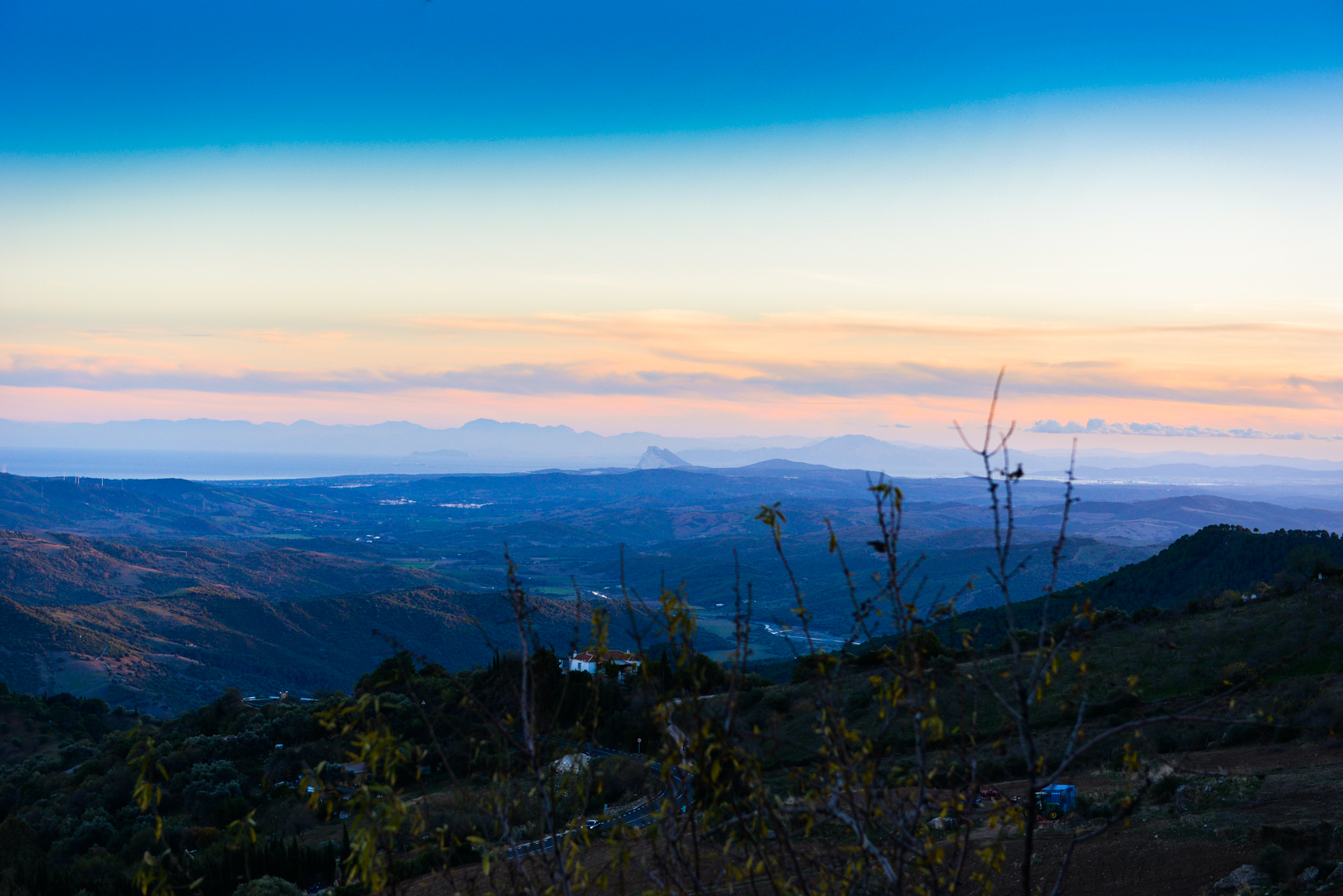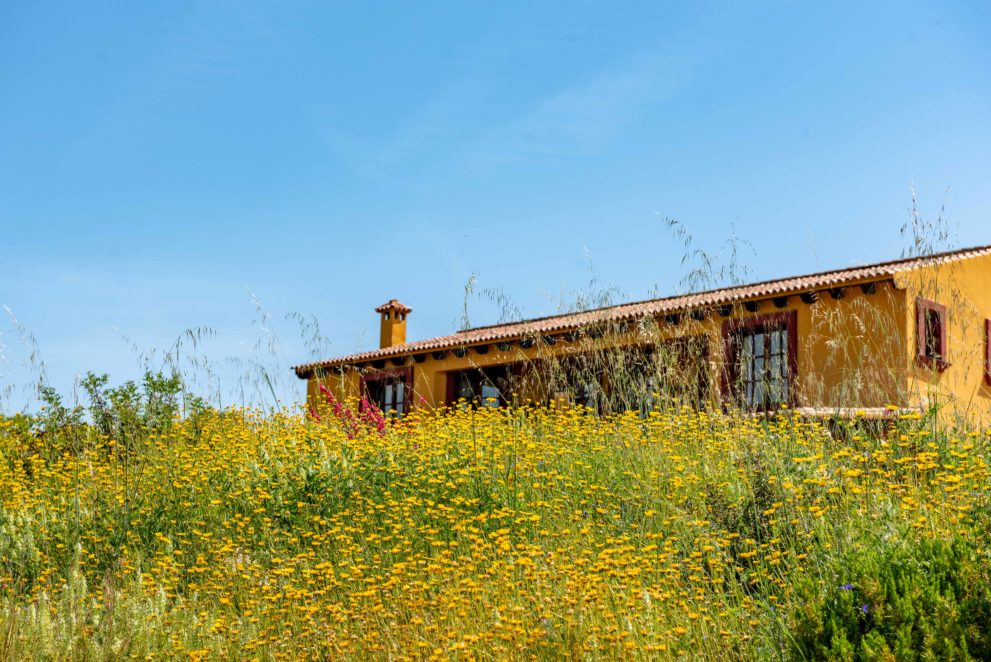We have lived in Andalusia for more than 20 years. Over the years, we have received plentiful questions from emigrating parents regarding schools in Andalusia. “If we purchase a country property in the countryside, where should be send the children to school?” Or, “Are the local Spanish schools in villages like Casares or Gaucín OK, or is it better to enrol our children in international schools in Sotogrande or Marbella?” Keep reading to to find an answer to your questions with regards to schools in Andalusia.
Schools in Andalusia: nursery and primary
When we first moved to Spain we had the same question, where can our children receive valuable education? Twenty years ago it was challenging to find the right information about the quality of schools but at the end of the day the decision was easy. We moved to Spain, which meant that us and our girls needed to learn the language. And what better way for a 5 and 3 year old to learn Spanish than to enrol them in Spanish schools where they can play with Spanish children and learn Spanish from the locals?
It didn’t take us 20 years to know this was the right decision. Of course, it was definitely difficult at times, being surrounded by strangers whom speak a language we didn’t understand. Nevertheless, as parents, we saw that our girls learnt the language at an incredibly fast pace and made new friends rather quickly. Additionally, our girls integrated with the locals with much more ease because the other parents from the village knew them. A final plus point, was that, us parents, also were able to integrate with the locals with more ease because we needed to get involved with the other Spanish parents.
Rest assured, the Spanish are very welcoming and have a warm culture. Knowing the language means being accepted by the locals. But more importantly, you will feel more at home being able to interact with the people around you!
Secondary
The Spanish secondary school lasts 6 years in total. It consists of of 4 mandatory years (Educación Secundaria Obligatoria, ESO) and two additional preparatory years for university, known as Bachillerato, baccalaureate in English. The ESO starts at the age of 12 and finishes at the age of 16. Bachillerato starts with 17 years and ends at 18 years. During the fourth year of the ESO, students choose between three different specialisations: Science, Social Sciences and Humanities. During Bachillerato students also choose a certain orientation and prepare for the national state exams that will consequently grant them entry at the university of their choosing. Doing the Spanish Bachillerato only grants students access to Spanish universities. They would have to do additional examinations in order to apply to international universities.
International schools are similar to the Spanish system. Secondary school is also divided in the mandatory secondary years and the preparatory Baccalaureate years before starting university. We thought it important our children learnt professional English as well so we gave them the opportunity to follow the International Baccalaureate Diploma Programme. The way of teaching was different compared to Spanish schools, this gave our girls insights into different learning techniques and other forms of examinations. Moreover, they could freely choose subjects of interest as well as the level they would study them at, Standard Level or Higher Level. Finally, by performing the IB exams, they had the chance to apply to international universities.
Personal experience
In a nutshell, our children attended nursery and primary school in Casares, CEIP Blas Infante Casares. Secondary school in Manilva, IES Las Viñas. Finally, Baccalaureate at Sotogrande International School. This is what we thought was best for our children. However, this doesn’t mean that attending international schools from nursery through to secondary, or Spanish schools from nursery through to secondary are lesser options. All have their benefits.
Additional interesting links:
If you are looking to move to Andalusia and are looking for a property, check our property page here. For additional help, call us on +34 952 895 139 or email us via [email protected].
Danielle Ernstsen | 4th October 2022


